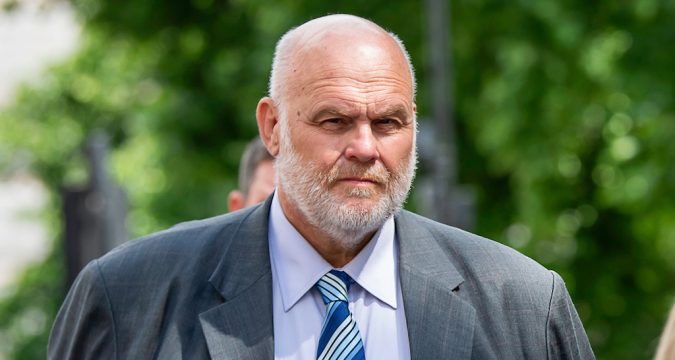 NIGEL WOOD was our guest on the League Express Podcast last week, less than 24 hours after he had won the support of the vast majority of clubs at the RFL Council meeting, who almost unanimously voted for him to become the Chairman of the RFL.
As I understand it, the only club that voiced opposition to him was Hull FC, but I'm not sure why they
NIGEL WOOD was our guest on the League Express Podcast last week, less than 24 hours after he had won the support of the vast majority of clubs at the RFL Council meeting, who almost unanimously voted for him to become the Chairman of the RFL.
As I understand it, the only club that voiced opposition to him was Hull FC, but I'm not sure why they Talking Rugby League: Can Nigel Wood deliver?
 NIGEL WOOD was our guest on the League Express Podcast last week, less than 24 hours after he had won the support of the vast majority of clubs at the RFL Council meeting, who almost unanimously voted for him to become the Chairman of the RFL.
As I understand it, the only club that voiced opposition to him was Hull FC, but I'm not sure why they
NIGEL WOOD was our guest on the League Express Podcast last week, less than 24 hours after he had won the support of the vast majority of clubs at the RFL Council meeting, who almost unanimously voted for him to become the Chairman of the RFL.
As I understand it, the only club that voiced opposition to him was Hull FC, but I'm not sure why they 